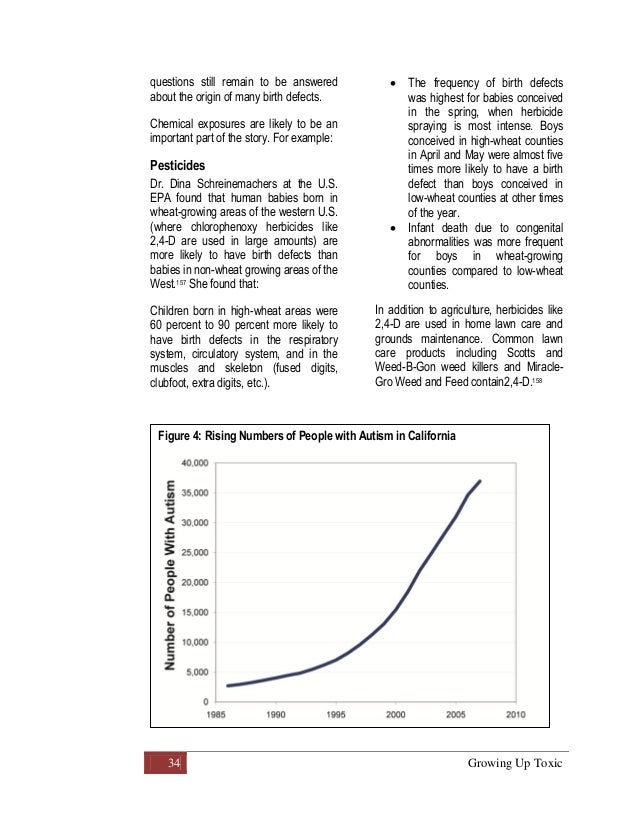

You are not deserving of the harm that has been done you. Once you are aware of the source of the exclusion that happened to you and can hold those responsible accountable in your own mind, you are freed up to realize that you are actually not flawed at all. Childhood Emotional Neglect can be healed. When you grow up in an emotionally neglectful family of any variety, complete with active exclusion or simply being emotionally ignored or overlooked, there is hope. He then grows up to assume theres something wrong with him, and he takes that feeling with him everywhere he goes. An excluded child naturally assumes the exclusion is about him, not an artifact of parental or sibling weakness or personality disorder. This is what I call The Fatal Flaw in the book Running On Empty. The excluded child, as an adult, finds it hard to feel a sense of membership and comfort among people even if those people love and want her. Being in a group can be uncomfortable because its hard to believe that someone wont, at some point, push you out in some way. But they are also challenges that you can take control of, once you understand why you have them. They are challenges that are painful, yes. Growing up feeling excluded in your family sets you up for some unique and significant challenges throughout your adult life. Some parents develop a misguided preference for one child over another, have more in common with some of their children and so inadvertently overlook the one that is different from themselves (even if that child is actually better than themselves in many ways). What would cause these kinds of family dynamics? Since families are complicated, so must the answer to this question be. The Exclusionary Family: Why Does It Happen? Only the excluded one may be aware of or affected by it. This can even be subtle and not noticeable by most members of the family. Leaving one family member out of family activities or family jokes or stories.

This is often done as in confidence, prefaced with things like, I wouldnt say this to anyone else, but your sister., for example. Sharing criticisms or negative observations among family members about one family member.Taking care to plan around the needs and wishes of certain family members while simultaneously ignoring one persons needs and wishes.And as a psychologist who has treated many parents, families and emotionally neglected adults, I can state clearly, without a doubt, that it is. Interestingly, there is an increasing amount of research on exclusion in the workplace, which is a very important topic, of course.īut what happens if the exclusion you experience is in your own family? What happens if it starts when you are a child, while your brain is in the process of maturing? Surely, this must be even worse. Still, other studies have found that feeling excluded actually lights up areas of the brain involved in physical pain, and that excluding an employee in the workplace is more harmful than workplace harassment.


 0 kommentar(er)
0 kommentar(er)
